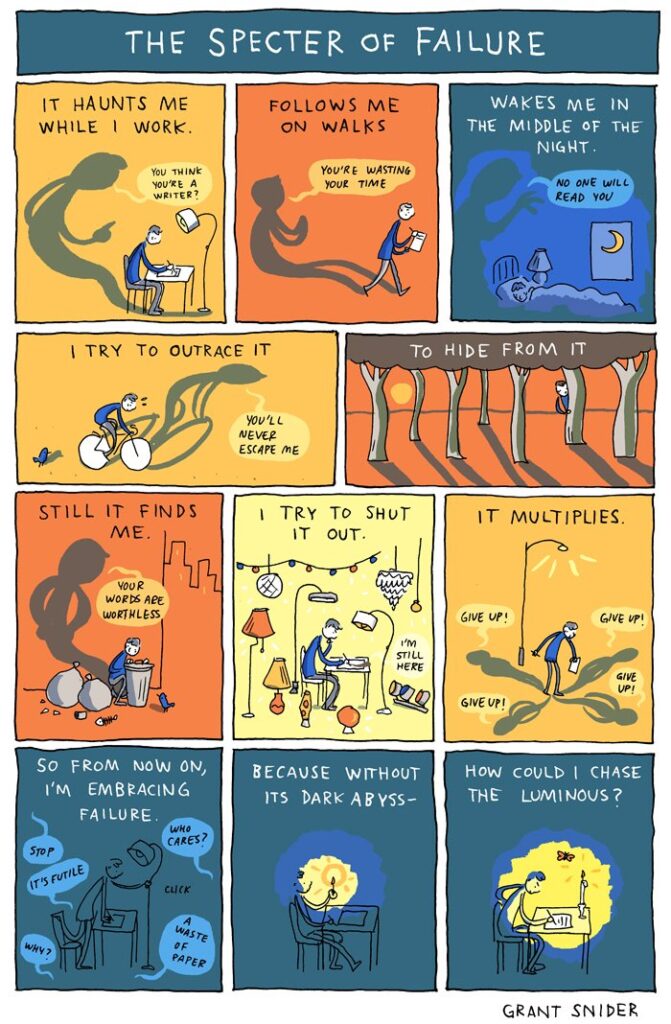I love giving feedback. I’m thrilled when a friend asks me to read their papers or help them with an assignment. I love reading others’ works and telling them what’s working and what isn’t. One of my favorite classes I’ve taken in my major is called Editing, and all we do is write short pieces, trade them with one another, and edit them. Sometimes I can get overeager and leave more feedback on a piece than may be necessary. I’m always worried about being perceived as cruel or critical, but I also want to give genuine advice. I always hope that others will give me good feedback, too.
Today I read “The Trouble with Amazing: Giving Praise That Matters” by Jennifer Gonzalez. I enjoyed this article. I always try to leave lots of positive comments on work that I read, and Gonzalez points out that that is a necessary part of good feedback. You have to let someone know what is good so they know to keep doing it or they can see where they have improved a previous mistake. Most of the article is focused on why general feedback is not helpful. Telling someone their work is “amazing” or “great” does not say anything specific about why it was great. It is very discouraging for me when I get work back that just says “Great job!” It makes me insecure. Is my professor just saying that because it was so bad that he doesn’t even think it’s worth correcting? Or what exactly was good? The characters, the story, the tone, the grammar? Gonzalez calls this “Paula Praise,” as in Paula Abdul from the old American Idol days. I thought this was funny because she’s right. We say we want “constructive criticism,” but I wonder if we also want “critical praise,” praise that specifically hones in on what is working and why it was exceptional.
The second article I read is “Be a Mirror: Give Readers Feedback that Fosters a Growth Mindset” by Gravity Goldberg. It is written from the point of view of a reading teacher, but I think the advice about feedback can apply to writing and any other work. Goldberg says that feedback should be specific, and it should reflect what is in front of us without any additional judgement. She suggests providing context for feedback, so instead of saying “This sentence was well-written,” say, “This sentence really helped me understand the emotions of the character at this moment.” I think this is great advice and will separate average feedback from really good feedback. It can be used in negative feedback, too. Instead of saying “This part of the story was rushed,” you can add context and saying “This part was rushed and created an emotional disconnect between the characters and the reader.”

I’m really excited to read more stories and give lots of useful feedback! I hope to avoid nonspecific feedback and give lots of praise that is critical as well as uplifting.
Featured Image: Feedback chalkboard. Source: Picpedia.org

